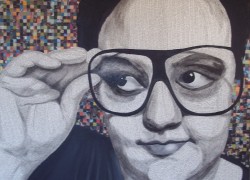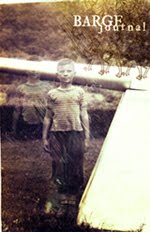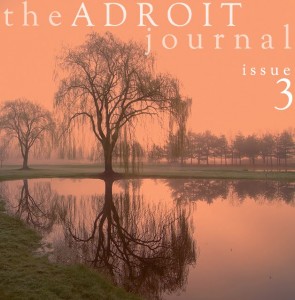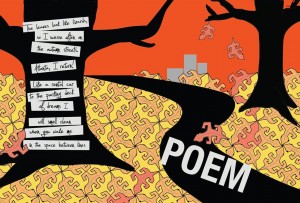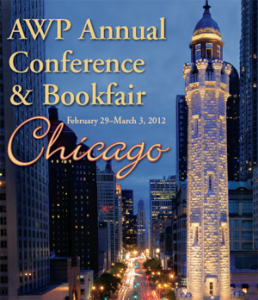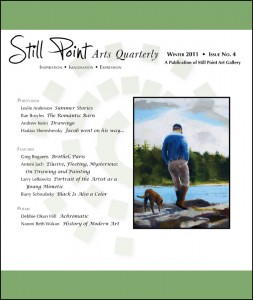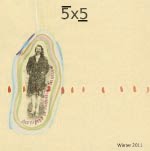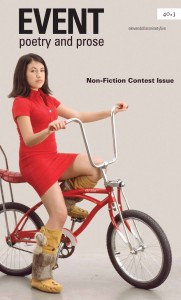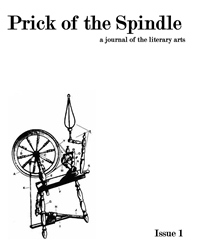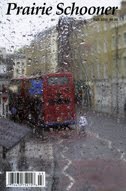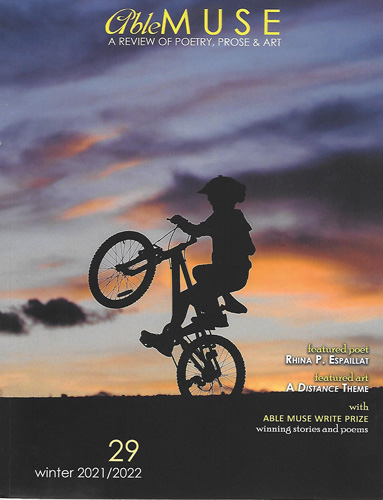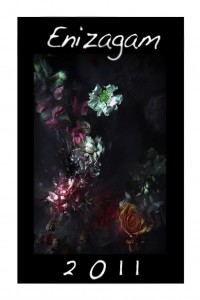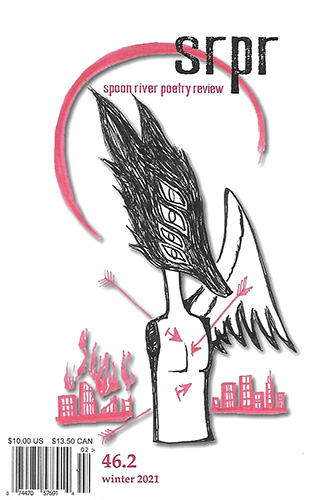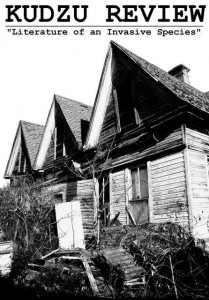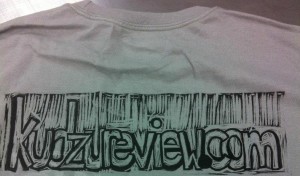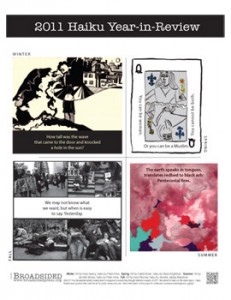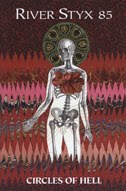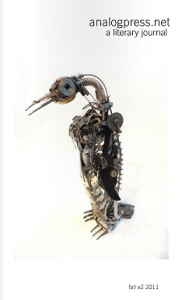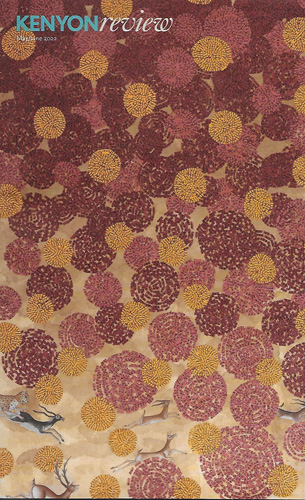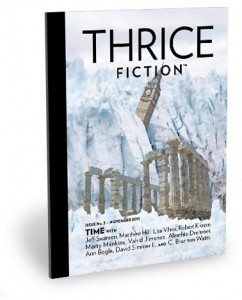On the heels on the Dove v. Vendler Anthology Controversy, I came across a listserv post by Jennifer Bartlett about the (lack of) representation of poets with disabilities and the (un)recognition of contemporary disability poetics. I invited her to expand on her argument/commentary on the NewPages blog. Bartlett welcomes conversation on the issue, so comments for this post have been opened.
In the past few months, there has been some “controversy” in the poetry world regarding the publication of The Penguin Anthology of Twentieth-Century American Poetry edited by Rita Dove, and Helen Vendler’s scathing review in the New York Review of Books. One of the primary arguments focuses on the idea of inclusion being a factor in poetics to the exclusion of high quality – or what Vendler refers to as “writers . . . included in some cases for their representative themes rather than their style . . . Multicultural inclusiveness prevails . . .”
 I have been following the news on Dove/Vedler with a personal interest. What is nagging at me is that a relatively mainstream anthology is causing such a stir. A few months ago Sheila Black, Michael Northen, and I published Beauty is a Verb: The New Disability Poetry (Cinco Puntos Press), and although the book has been well-received, the controversy that seems synonymous with putting together something altogether new has been nonexistent. I would actually like a little more controversy — or at least discussion around the question of inclusiveness as it pertains to writing by and about people with disabilities. My argument isn’t that there aren’t real racial and gender issues in the world of poetry and publication. My point is that the arguments about race and gender are so loud that the inclusion of people with disabilities remains a non-issue in poetics, publishing, academia, and otherwise.
I have been following the news on Dove/Vedler with a personal interest. What is nagging at me is that a relatively mainstream anthology is causing such a stir. A few months ago Sheila Black, Michael Northen, and I published Beauty is a Verb: The New Disability Poetry (Cinco Puntos Press), and although the book has been well-received, the controversy that seems synonymous with putting together something altogether new has been nonexistent. I would actually like a little more controversy — or at least discussion around the question of inclusiveness as it pertains to writing by and about people with disabilities. My argument isn’t that there aren’t real racial and gender issues in the world of poetry and publication. My point is that the arguments about race and gender are so loud that the inclusion of people with disabilities remains a non-issue in poetics, publishing, academia, and otherwise.
First, looking at the Dove anthology itself, what interests me is the glaring lack of attention paid to poets/people with disabilities as a multicultural group. It is striking that an anthology which appears to pay particular, quite conscious attention to inclusion is void of any mention of “disability” as a category. There is no mention of the Crip Poetics movement, and there are no poets in the anthology who either identify as disabled or even have a disability: Larry Eigner, Vassar Miller, Josephine Miles, Jim Ferris, Paul Guest are all absent. Lucie Perdillo, a Random House poet with a McArthur Fellowship who writes on MS is absent, as are any ASL, Deaf or blind poets, including Steve Cannon, a major figure in the Black Arts Movement which Dove champions. The only poet in the collection who might identify as “disabled” is Robert Duncan, and I’m guessing the Duncan poems included don’t address his vision/vision which was arguably central to his work.
I do think that an anthology, such as ours, which is entirely new, calls for a little attention. Beauty is a Verb discusses how aphasia is a link to experimental language (Norma Cole), addresses “crip poetics” which most people have never heard of (Petra Kuppers), speaks to the linguistically complexity of translating English to ASL (John Lee Clark), and most of all addresses the inhabiting of the disabled body as a worthwhile experience and an experience that can be complicit in forming a poetics. All of such remains largely ignored in both mainstream and experimental writing.
Attention to and debate about disability is still a thing that makes people nervous — as if they feel afraid of giving disability a voice – or more pointedly giving people with disabilities a voice. The silence is noticeable. For example, there is plenty of discussion regarding race from white people, and unlike skin color, most of the able-bodied will have some disability in their lifetime. More importantly, it seems that people still dismiss disability as a category/identity, and one that is privileged to gain the most simple rights, like getting into the store or having a job — not to mention being in the Penguin anthology.
It also seems true that in the poetry world you have to insult someone directly or indirectly to get attention – which I did a few years ago when I called out Paul Guest for allowing John Ashbery to refer to Guest as an invalid on his book blurb. All hell broke loose and, evidently, the right to call a person an invalid is something to which people are very attached. I was mortified but also exhilarated over the debate — I found it exciting that poets with disabilities could be seen as not always agreeing, as debating and negotiating what is meant by a disability or what it means to be a person with a disability. Anything better than the constantly imposed “code of silence.”
One flaw in Vendler’s arguments concerning the Dove anthology is that she is so sure of the standards she is defending. Rather, poetics, writing, and language for that matter are things always in flux and subject to debate. An exciting side to Beauty is a Verb and the poets it includes is that these poets are generally engaged in poetry as a revolutionary activity — one that seeks not merely to reflect or “measure up” to existing standards, but in subtle and not so subtle ways to remake them. And part of that remarking, the first part, but by no means the simplest, is resisting the silencing of disabled voices in poetry and out in the world.
Was it way back in the Sixties when Norman Mailer had a blurb on one of his books — his third novel Deer Park, in fact, that said “Burn this book!”? I know he collected all the worst blurbs about the book — which received generally negative reviews and plastered them on the back cover. But that story has always stuck with me. And when I think about what I’d like to see happen as far as disability poetics, well, one answer would be buy Beauty is a Verb and/or support the strong and beautiful poems being written by a wide range of poets with disabilities. And if not that, then I hope people burn our book – at least that will get the conversation/controversy started that seems necessary in order for us to begin to be seen and heard.
[Jennifer Bartlett is author of Derivative of the Moving Image, (a) lullaby without any music, and co-editor of Beauty is a Verb: The New Poetry of Disability.]
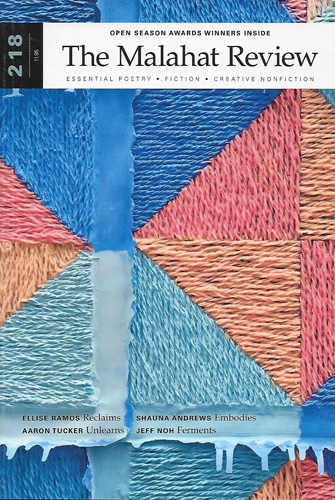 The Malahat Review Winter 2011 includes the 2011 Constance Rooke Creative Nonfiction Prize winner “Hoarding” by Anne Marie Todkill. The Malahat Review website also includes a Web exclusive: Interview with Anne Marie Todkill and a link to another review with the author in The Martlet.
The Malahat Review Winter 2011 includes the 2011 Constance Rooke Creative Nonfiction Prize winner “Hoarding” by Anne Marie Todkill. The Malahat Review website also includes a Web exclusive: Interview with Anne Marie Todkill and a link to another review with the author in The Martlet.
